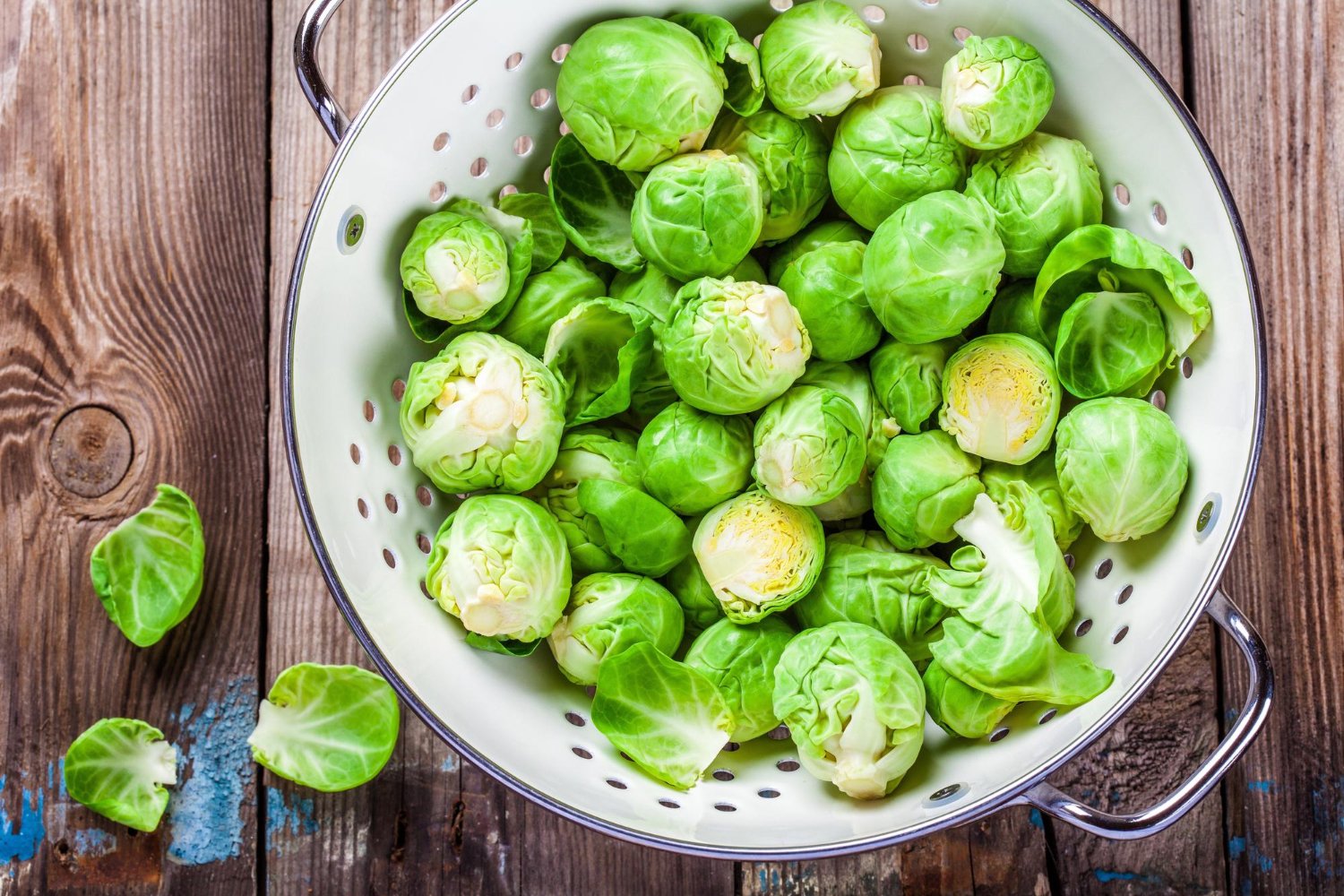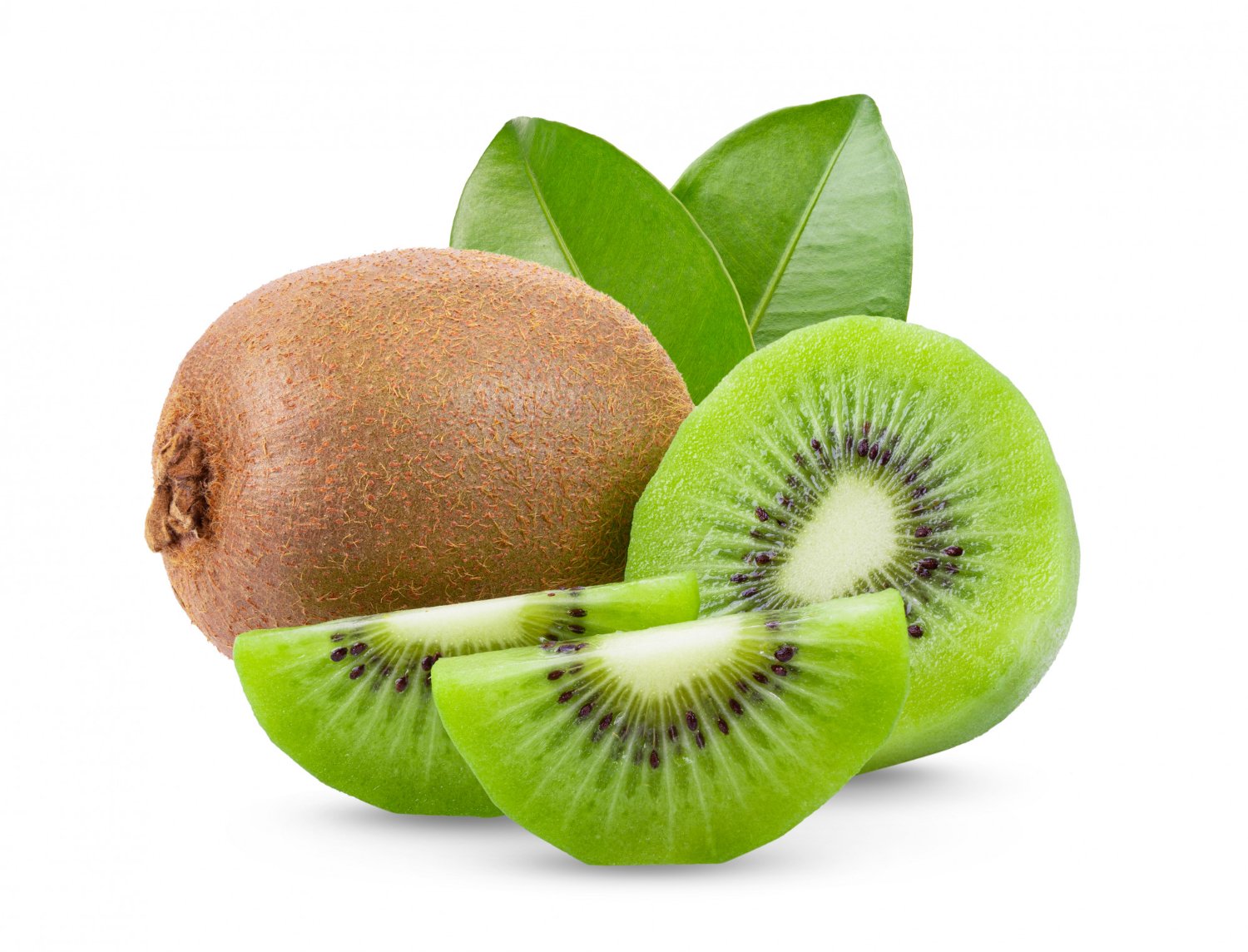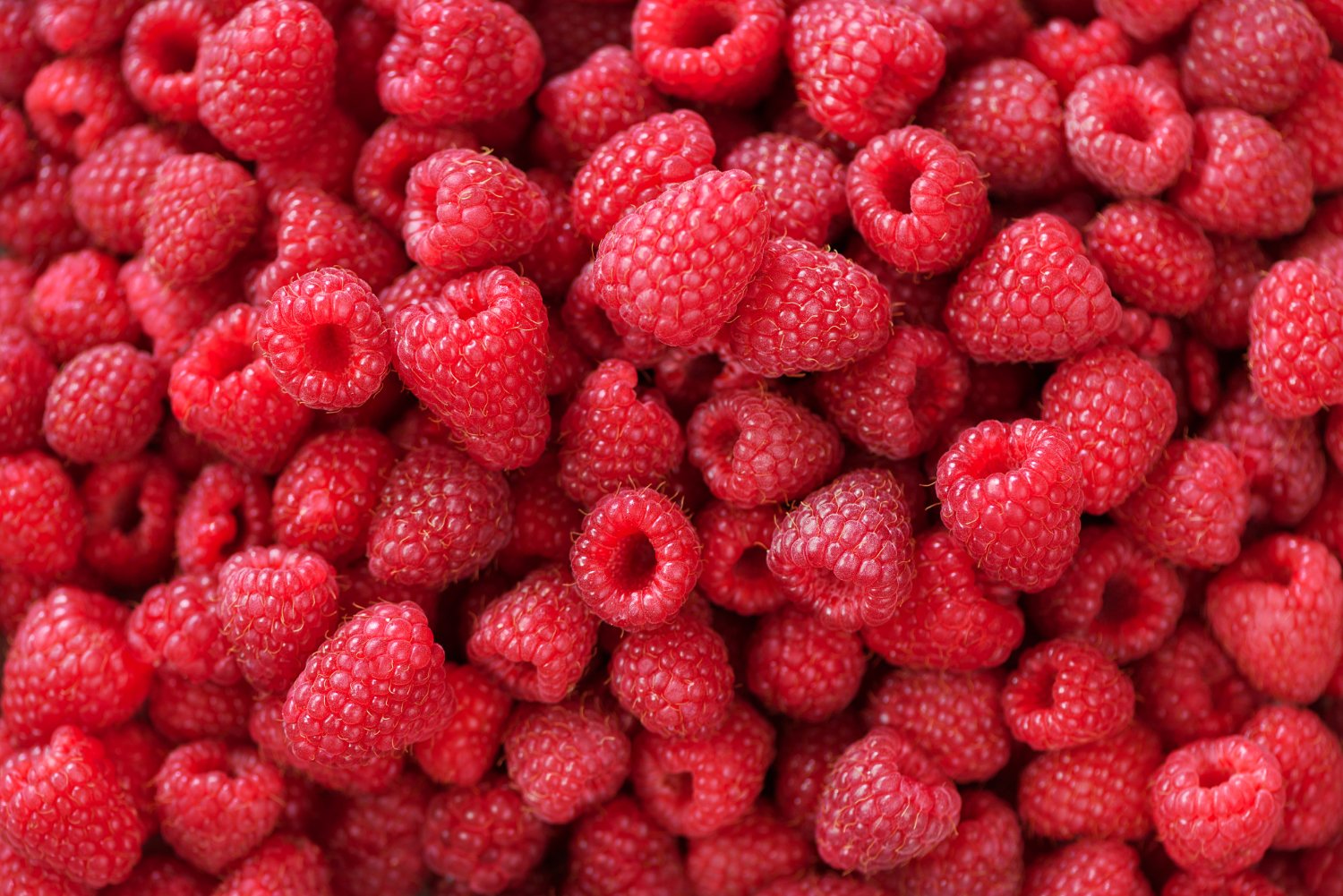How to Properly Store an Aloe Vera Leaf
Prior to storing your aloe vera leaf, it’s important to make sure you’ve selected the right one. Aloe vera leaves come in three different varieties – mature, young and offshoots – which all offer varying degrees of potency.
How to Store Tofu: Tips for Keeping Your Tofu Fresh
Tofu should be refrigerated and stored in airtight containers. To keep tofu fresh, be sure to change out the water regularly and always check the expiration date on the package before consuming it.
How to Store Mint for Maximum Freshness
Fresh mint leaves should be stored in a sealed container in the refrigerator. This will help to keep the leaves fresh and prevent them from wilting.
How to Store Mangoes for Maximum Freshness
To keep mangoes fresh, store them at room temperature for up to a week before using them. If you don’t plan on eating the mango within this time frame, it’s best to store it in the refrigerator.
How to Store Honey: Tips for Keeping It Fresh and Delicious
When it comes to storing honey, not all containers are created equal. Glass jars or ceramic jars with tight fitting lids are the best option because they protect the honey from air and light.
How to Store Champagne for Optimal Freshness and Flavor
Champagne is a very delicate and sensitive drink which can be affected by exposure to unstable temperatures. If champagne is stored too cold or too warm, its bubbles may deflate, and its flavor will begin to deteriorate.
How to Store Wine: A Comprehensive Guide
Wine storage is all about preserving the unique characteristics of a vintage and protecting it from environmental factors that can ruin the aromas and flavors. Temperature, humidity, vibrations, and light can either enhance or diminish the quality of a particular bottle, so it is essential to pay attention to these details when storing your wine collection.
Tips for Storing Leftovers to Maximize Freshness
Leftover food may seem like an unwelcome chore, but there are many benefits to taking the time to store it properly. Not only does it give you more time between grocery shopping trips, it allows you to maximize the use of all the ingredients you purchase. Plus, if your leftovers remain safe and fresh, you can pack them for lunch or dinner on other days, meaning you don’t have to worry about eating out multiple times a week.
The Best Containers to Store Food: A Comprehensive Guide
Food storage containers are one of the most important elements of safely and hygienically ensuring food can be kept for longer periods of time. The right container is also essential for achieving optimal nutritional content, flavour, and texture from the food.
How Long Will Pizza Last in the Fridge? A Guide to Storing Pizza for Maximum Freshness
Once it's been cooked, an uncut pizza can stay fresh in the fridge for up to four days. Cut pizza slices generally last a day or two. It's also important to note that pizza crust can get stale—especially thicker or stuffed crusts—so it's best to eat the pizza while it is still fresh.
How to Store Cauliflower: Tips for Keeping Your Vegetables Fresh
When stored properly in the refrigerator, whole heads of cauliflower can last up to one week and florets can last up to three days. However, it is important to note that the shelf life of cauliflower may vary depending on the temperature and humidity levels in the refrigerator.
How to Store Cabbage for Maximum Freshness
Refrigerators offer the perfect combination of cool and moist air that can protect cabbage and prevent spoilage. You can also store cabbage in a cool basement or cellar, just make sure the room isn't too humid or the cabbage won't last as long.
How to Store Brussel Sprouts for Maximum Freshness
When storing in the refrigerator, aim to use the coldest section and be aware that different fruits can release ethylene gas, which can accelerate the ripening of your sprouts.
How to Store a Kiwi: Tips and Tricks for Optimal Freshness
When storing kiwi for an extended period, it is important to use temperature and humidity levels that are between 35 and 45 degrees Fahrenheit.
How to Store Raspberries for Maximum Freshness
Raspberries should be stored at a temperature between 32-34°F (0-1°C), with high humidity. When choosing where to store your raspberries, opt for a cold and humid environment such as a refrigerator vegetable drawer.
How to Store Oranges for Maximum Freshness
Oranges can be stored for up to 2 weeks if they are still in their original skin, or up to 4 weeks if their skin has been removed.
How to Store Green Beans for Maximum Freshness
To ensure the best results, you should keep the temperature of your refrigerator between 32 and 40 degrees Fahrenheit. You should also avoid exposing green beans to air as much as possible.
How to Properly Store Colostrum for Optimal Nutritional Benefits
Colostrum can be stored in a number of ways, including freezing, drying, and canning. When storing colostrum, it is important to keep it at a constant temperature and out of direct sunlight. Colostrum should also be stored in an airtight container to prevent oxidation.
How to Store Coffee Beans for Maximum Freshness
Coffee beans are best stored in an airtight container at a temperature between 59 and 77 degrees Fahrenheit, with a humidity level of no more than 60%. Coffee beans can be stored for up to two weeks, but may begin to lose their flavor after the first week. Coffee beans should not be frozen or refrigerated.
How to Store Chocolate Covered Strawberries for Maximum Freshness
Once all of the strawberries are coated, you can store them in an airtight container in the fridge for up to 3 days. If you plan to store the strawberries for longer than 3 days, it is best to freeze them.




















